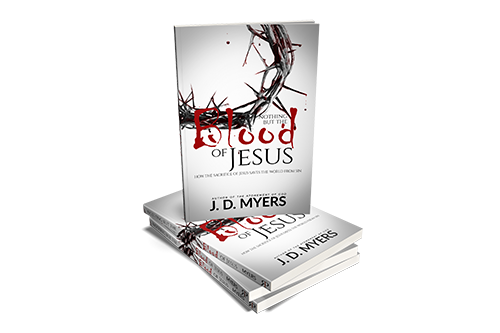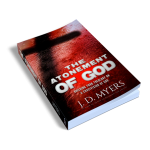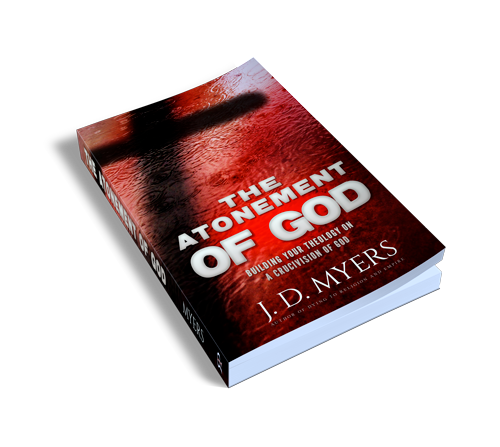 A reader sent an email today with these questions:
A reader sent an email today with these questions:
- If Jesus died in the place of others, why does everyone else also die?
- If the penalty for sin is hell forever, and if Jesus paid the penalty for all the sins of the world, why is Jesus not the only one in hell forever?
- Did God punish Jesus by making him die and go to hell, or did God reward Jesus by raising him up from death and lifting him up to heaven?
- If Jesus died on a Friday afternoon and rose from the dead by the next Sunday morning, was the penalty for all the sins of the world less than two days dead?
- If God punished Jesus for all the sins of others by making him die on a cross, why are Judas Iscariot, Pontius Pilate, and Caiaphas not all heroes and saints for fulfilling the will of God?
- If people should rejoice at the suffering and death of Jesus, as if his pain were their gain, should they mourn his resurrection and ascension, as if his gain is their pain?
- If we live because Jesus died, do we die because Jesus rose to live again?
- If people go to heaven because Jesus went to hell, do people go to hell because Jesus went to heaven?
- Did the crucifixion of Jesus cancel the sins of others, or was it really the worst sin of all?
- Would God be just if He punished the innocent in place of the guilty?
- If Jesus paid the penalty for all the sins of others, and salvation in unconditional, is not everyone saved, no matter what he believes, says, or does?
- If the purpose of Jesus was to die, why did his story not end with his death?
- If good deeds make no difference, because no one can earn salvation, why did Jesus say so much about what persons should and should not do?
- How could the penalty for sins be paid hundreds of years before those sins were done?
- If Jesus, like a scapegoat, took away our sins when he died, did he bring back our sins when he came back from the dead?
- How could Jesus be a substitute to go in our places and also be a leader and example whom we should follow?
- If we do not follow Jesus, but he goes one way so that we can go another way, how do we expect to end up where he is?
- If Jesus were God, and God demanded that Jesus die to pay the penalty for the sins of everyone else, did God commit suicide?
As I read through these excellent questions about the death of Jesus, I realized that I couldn’t answer ANY of them because I didn’t accept the presuppositions that were within each question.
 For example, with question #1, I do not believe Jesus died in the place of others. I do not believe in “substitutionary” atonement.
For example, with question #1, I do not believe Jesus died in the place of others. I do not believe in “substitutionary” atonement.
With question 2, I do not believe that the penalty for sin is hell forever.
With question 3, I do not believe that God punished Jesus by making him die and go to hell…
And so on throughout the list of questions….
This is the problem with the vast majority of theology today. We are asking wrong questions because we are beginning with wrong ideas about God, Jesus, sin, and hell.
All of the questions above disappear when we learn just a few things from Scripture. Like what?
- God does not require punishment for sin, or blood payment to forgive.
- God is infinitely gracious, forgiving, and loving.
- Jesus didn’t die to appease God or buy forgiveness from God.
- Hell isn’t what you think…
Start with those ideas, and the way you read and understand the Bible will forever be transformed. If you want help, here are three books to get you started:
- (#AmazonAdLink) The Atonement of God
- (#AmazonAdLink) Nothing But the Blood of Jesus
- (#AmazonAdLink) What is Hell?
Enjoy!




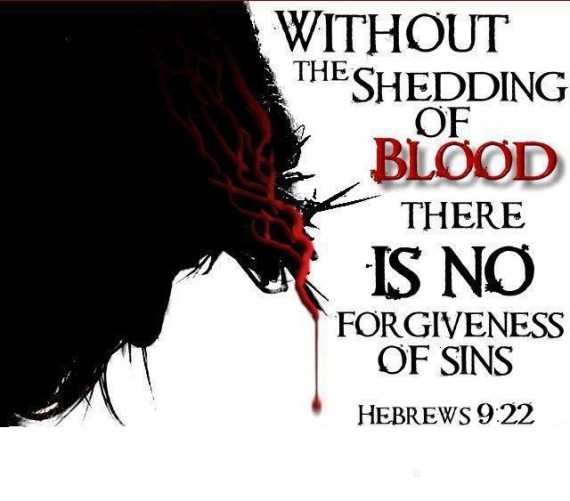
 But if God doesn’t demand blood, then how does God forgive? Doesn’t Hebrews 9:22 teach that God needs blood in order to forgive us? No, it does not. Let us read carefully what Hebrews 9:22 says in context.
But if God doesn’t demand blood, then how does God forgive? Doesn’t Hebrews 9:22 teach that God needs blood in order to forgive us? No, it does not. Let us read carefully what Hebrews 9:22 says in context.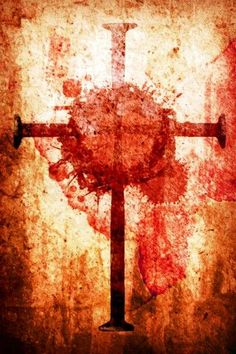

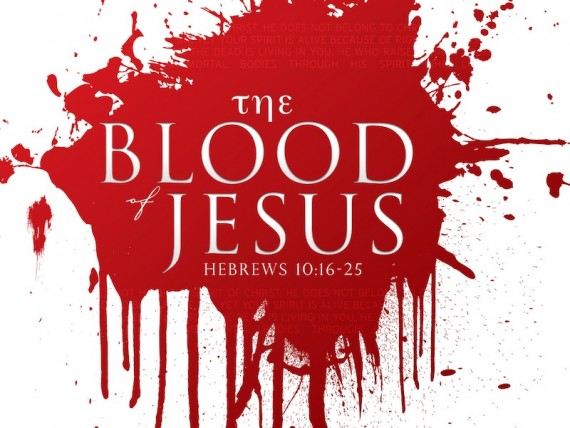
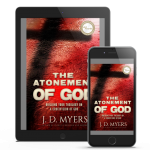
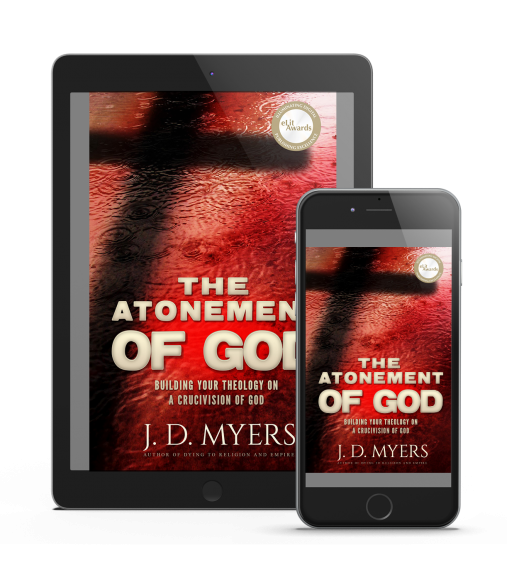
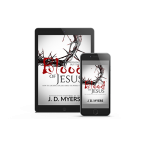
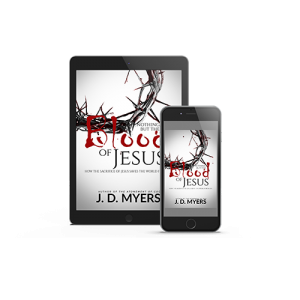 I intentionally created a way for you to start reading Nothing but the Blood of Jesus for free. Here are the steps.
I intentionally created a way for you to start reading Nothing but the Blood of Jesus for free. Here are the steps.